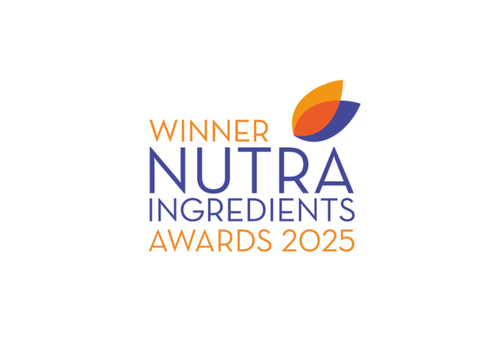Unlocking Blood-Brain-Barrier Permeability with Bioavailable ‘Free’ Curcuminoids
By Admin

Delivering Free Curcuminoids
Curcumin’s therapeutic potential has long been recognized, but delivering “free” unconjugated curcuminoids—curcumin, demethoxycurcumin (DMC), and bisdemethoxycurcumin (BDMC)—into the bloodstream and target tissues has been a major challenge. These free forms are critical for delivering curcumin’s health benefits, especially for brain health and cognitive function.
Most curcumin formulations struggle with poor absorption (less than 1%) and rapid glucuronidation, which converts curcuminoids into less active metabolites, limiting their bioavailability and effectiveness. However, Akay Bioactives’ FenuMat® technology effectively overcomes these barriers.
By combining turmeric’s bioactive compounds with fenugreek soluble dietary fibers, FenuMat significantly enhances curcumin’s bioavailability, increasing ‘free’ curcuminoid plasma levels by 45.5x compared to standard curcumin formulations (Kumar et al., 2016). This innovation, better known as CurQfen®, ensures that curcumin is more efficiently absorbed and distributed throughout the body, reaching key target areas for enhanced therapeutic benefits.
Crossing the Blood-Brain-Barrier (BBB)
the greatest challenges in curcumin research is its ability to cross the blood-brain barrier (BBB) in its bioactive form. Many curcumin formulations only measure total curcumin metabolites in plasma, which often overestimates the actual amount of ‘free’ curcumin. CurQfen overcomes this hurdle by maintaining the stability of ‘free’ curcuminoids, enabling significant BBB permeability.
This permeability is crucial for brain health. Curcumin has been shown to promote neuroprotection, neurogenesis (growth of new neurons), and synaptogenesis (formation of synapses), as well as reduce neuroinflammation.
CurQfen has demonstrated an impressive deposition of ‘free’ curcuminoids in brain tissue, with 343 ± 64.7 ng/g detected—compared to only 1.4 ± 0.8 ng/g with standard curcumin. Based on the area under curve, this equates to a remarkable 347x increase in bioavailability of ‘free’ curcuminoids in brain tissue, positioning CurQfen a game-changer in curcumin delivery.
These results suggest that CurQfen’s may be a particularly effective, plant-based solution for brain health and cognitive function, especially in aging populations where preserving memory and locomotor functions is vital (Syam Das et al., 2023).
Organ-Wide Benefits and Bioavailability
CurQfen’s benefits extend beyond the brain. In addition to its BBB permeability, the formulation also facilitates the uptake of ‘free’ curcuminoids in other vital organs. Studies show concentrations of 391.7 ± 102.5 ng/g in the heart, 445.52 ± 83 ng/g in the liver, 240.1 ± 47.2 ng/g in the kidneys, and 229.72 ± 42.2 ng/g in the spleen after usage (Krishnakumar IM et al., 2015).
This organ-wide bioavailability makes CurQfen a promising candidate for a range of therapeutic applications, extending curcumin’s efficacy across multiple systems in the body.
Future Directions
CurQfen has undergone comprehensive safety evaluations and is currently being tested in further clinical trials focused on brain health. Its unique ability to deliver bioavailable ‘free’ curcuminoids makes it a promising solution for a wide range of therapeutic applications.
Conclusion
CurQfen represents a major advancement in curcumin bioavailability, offering a 45.5x improvement in the absorption of ‘free’ curcuminoids in the plasma and a 347x increase in brain tissues.
With its ability to cross the BBB and deposit curcuminoids in key areas, CurQfen stands as a powerful tool for supporting brain health, memory, and cognitive function, particularly in aging populations (Syam Das et al., 2023).
References:
- Kumar et al. Journal of Functional Foods, 2016, 22: 578-587.
- Krishnakumar IM et al. Journal of Functional Foods, 2015, 14: 215-225
- Syam Das et al. Frontiers in Dementia, 2023, 2:1222708.
“These statements have not been evaluated by the Food and Drug Administration. This product is not intended to diagnose, treat, cure, or prevent any disease.”



